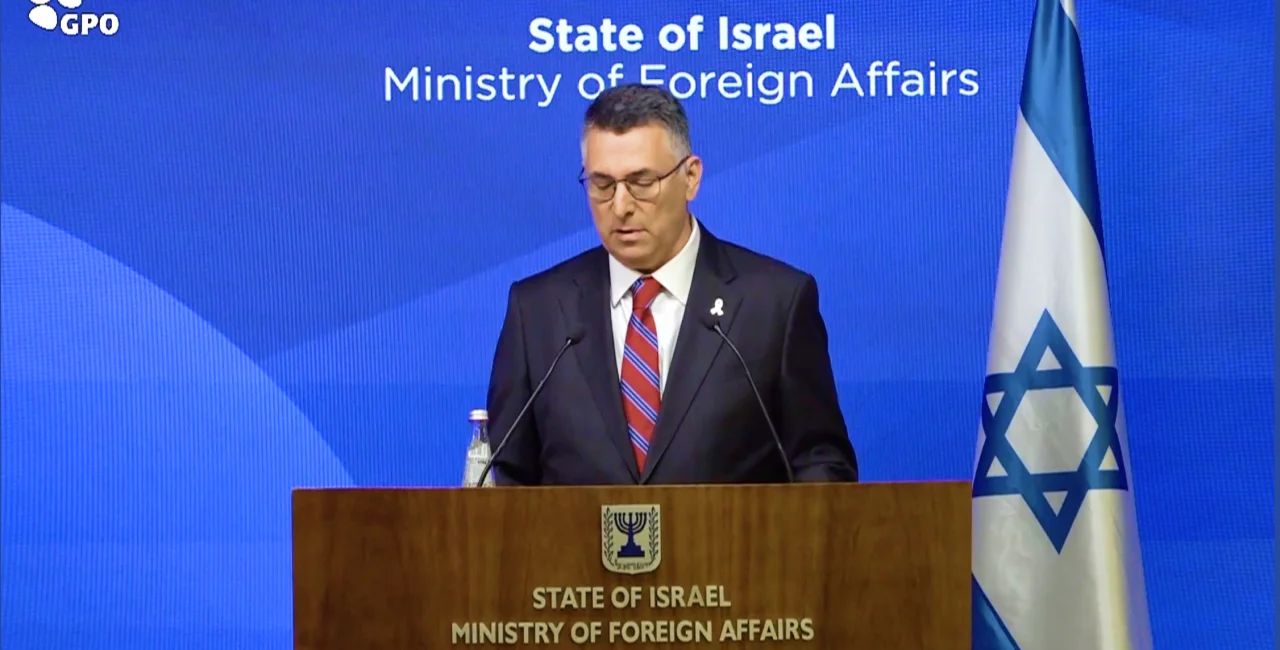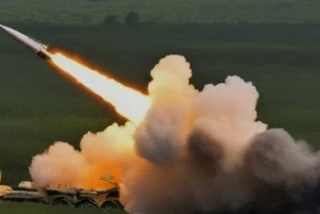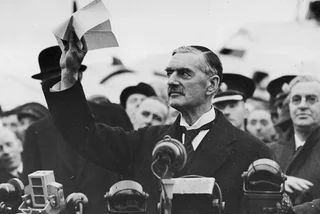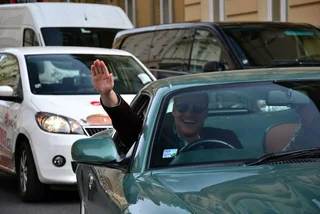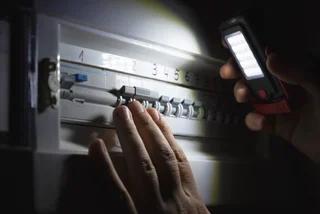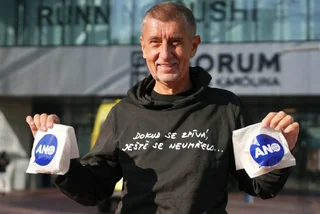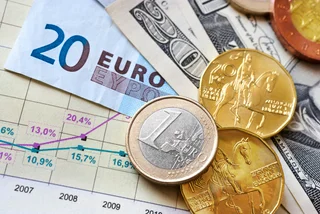Israeli Foreign Minister Gideon Sa’ar has drawn a provocative historical parallel, likening pressure on Israel to end the war in Gaza to the 1938 appeasement of Nazi Germany that led to the dismemberment of Czechoslovakia.
“Israel will not be the Czechoslovakia of the 21st century,” Sa’ar said at a briefing with international journalists Wednesday. “No matter how much pressure is put on Israel, it ain’t gonna happen.”
His comments came just days after France and 14 other countries, including Canada and Australia, issued a joint statement at a U.N. forum calling for an immediate end to the war in the Gaza Strip and condemning the killing of civilians and the detention of Israeli hostages by Hamas.
Czech Republic not among signatories
The Czech Republic did not sign the joint statement. Instead, its leaders have reiterated cautious but consistent support for Israel, while expressing concerns about the humanitarian situation in Gaza and emphasizing the need for coordination and dialogue.
Foreign Minister Jan Lipavský said Wednesday that recognizing a Palestinian state under current conditions would be unproductive, as Gaza remains under the control of Hamas, which the EU designates a terrorist organization.
“Such a move must be the result of a mutual agreement,” Lipavský told reporters. “It’s about some kind of dialogue that needs to be conducted.” He stressed that unilateral steps would not help resolve the conflict and reaffirmed Czech support for a two-state solution in the long term.
President Pavel: Coordination is key
President Petr Pavel also emphasized the need for clearer and more unified messaging. Reflecting on Czechia’s absence from the joint ceasefire statement, Pavel said he held a slightly different view but didn’t see a contradiction.
PARTNER ARTICLE
“There’s just too much going on, too fast,” he said. “A discussion about how we approach this is probably needed.”
Following a meeting with Lipavský earlier in the week, Pavel reiterated Israel’s right to self-defense, while also calling attention to the worsening humanitarian conditions in Gaza. “Civilians must not be abused as hostages by any party to the conflict,” the Presidential Office stated.
This morning, I met with @prezidentpavel. I informed him about the activities of Czech diplomacy in providing humanitarian aid to Palestinians and supporting the EU’s efforts to expand it. We agreed that the peace process must be based on an agreement between both sides and… pic.twitter.com/ycR6fmdbxJ
— Jan Lipavský (@JanLipavsky) July 30, 2025
Firm stance on sanctions, humanitarian aid
Czech officials also pushed back against EU proposals to suspend Israel from Horizon Europe, the bloc’s research and innovation program. “We should not look for instruments that punish,” Lipavský said. “To punish our scientists and undermine our own competitiveness, I think that is really an unfortunate step.”
The Czech Republic has sent more than CZK 24 million in humanitarian aid to Gaza this year, with assurances that the funds will not end up in the hands of Hamas.
Munich memory still resonates
Back in Israel, Sa’ar argued that the international community’s current stance on Gaza is detached from on-the-ground realities. “Establishing a Palestinian state today is establishing a Hamas state. A jihadist state,” he said.
He also accused some European governments of prioritizing domestic politics over long-term regional stability:
“Israel is being sacrificed to appease huge Muslim populations in Europe. We won’t give up our basic interests for the sake of internal politics in countries that lost control over their own streets.”
“The international pressure must not be on Israel,” he added. “It must be on Hamas.”
The 1938 Munich Agreement allowed Nazi Germany to annex Czechoslovakia’s Sudetenland without Czech consent, a failed attempt to avoid war. It remains a stark reminder in Czechia of the dangers of appeasing aggressors. President Pavel has also invoked the treaty in relation to Western decisions about Ukraine.













 Reading time: 3 minutes
Reading time: 3 minutes 